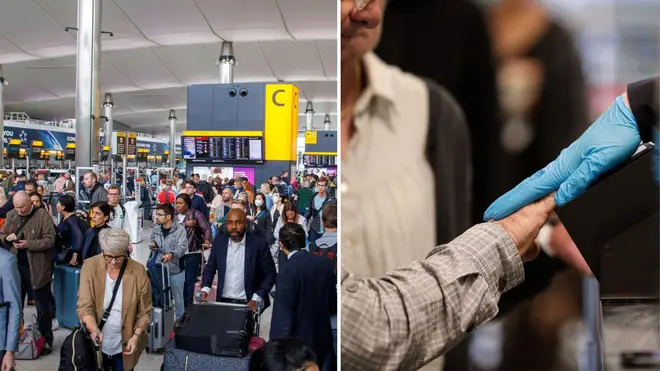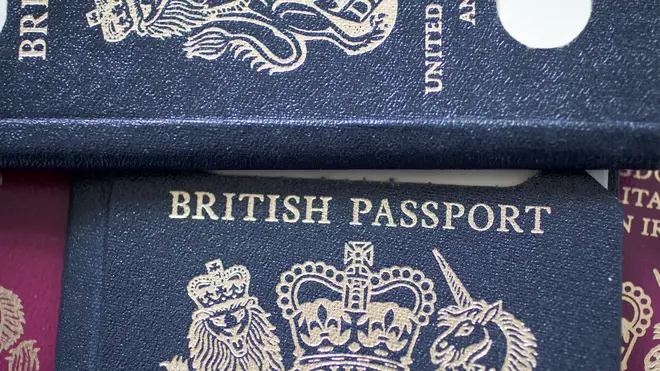
Matthew Wright 7am - 10am
18 December 2023, 12:45 | Updated: 18 December 2023, 12:52

Fresh travel rules are being introduced for Brits in October 2024, despite fears over increased waiting times at borders.
The European Union's Entry/Exit Scheme (EES) will replace the stamping of passports from autumn 2024.
It means Brits visiting Europe will need to submit fingerprints and facial biometrics before they travel.
The scheme was originally due to be put in place earlier this year but has been delayed multiple times due to several reasons, such as French officials requesting it not be implemented until after the Olympics in Paris.
The move is now set to be introduced across all EU countries from October 6, 2024, according to the Independent.
Passenger's names, biometric data and the place of entry and exit will be checked as part of the system.
Member states will have to confirm by the end of August if they are ready to go ahead with the launch, it is understood.
Read more: Driving home for Christmas? When and where the festive getaway delay hotspots are

It comes despite port chiefs at Dover warning that the new system could extend checks from 45 seconds to 10 minutes.
"Even at the busiest times right now, with new post-Brexit rules, passport checks are taking 45 to 90 seconds per car," Port chief Doug Bannister said, according to the Sun.
"With the pre-registration involved, a car with a family of four or five in it could take up to 10 minutes.
"The government should be urgently discussing with their French and EU counterparts how this is going to work."
There have also been similar concerns raised for Eurotunnel, with warnings that processing each car could take six minutes longer.
However, the EU has insisted the new scheme will have the opposite impact, saying: "The main advantage of the EES is saving time.
"The EES replaces passport stamping and automates border control procedures, making travelling to European countries using the EES more efficient for the traveller."